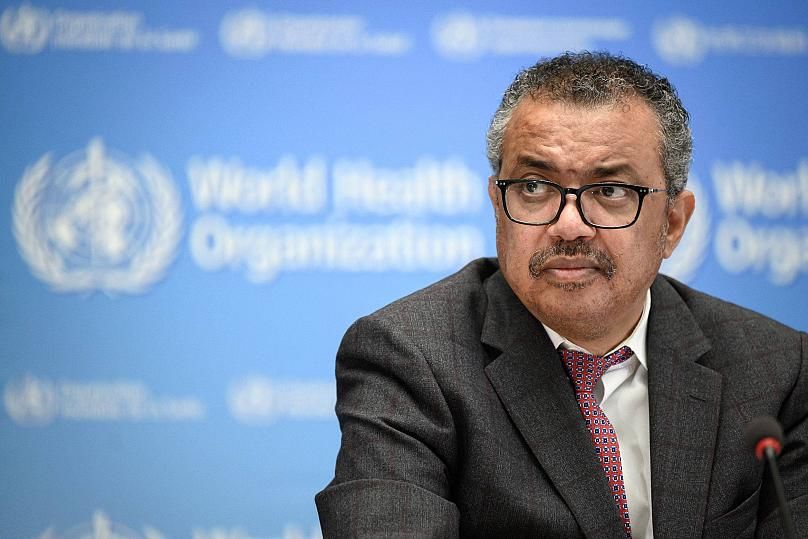
Developing countries get free access to Spanish COVID testing tech
COVID-19 testing in developing countries could be about to get a lot cheaper, thanks to Spanish government researchers who have provided their antibody tests royalty-free to a World Health Organization (WHO) and UN-backed technology pool.
The non-exclusive agreement reached with the Spanish National Research Council (CSIC), a public research institute offering the technology as a global public good, is the first time a COVID-19 health tool has been licensed by the Medicines Patent Pool (MPP).
The agreement, which was announced on Tuesday, means that other manufacturers will be able to make the tests without buying a licence, lowering costs and making them easier to produce.
"This is the kind of open and transparent licence we need to move the needle on access during and after the pandemic," said WHO director general Tedros Adhanom Ghebretyesus.
"I urge developers of COVID-19 vaccines, treatments and diagnostics to follow this example and turn the tide on the pandemic and on the devastating global inequity this pandemic has spotlighted".
What's in the COVID test agreement?
The CSIC's serological tests can detect whether a person has antibodies against COVID-19, as well as whether they are the result of being vaccinated or being infected with the virus.
The tests are simple to use and suitable for areas with limited access to laboratory facilities, the MPP said in a statement.

"The novelty of the agreement is that CSIC will not charge royalties for the exploitation of its technology as long as it is manufactured for or in countries included in the list of low and medium income countries," said CSIC's Javier Maira.
Companies that produce the tests will also have to adjust the price to make them affordable in each country where they are marketed, the CSIC added.
A pandemic of inequality
Unequal access to treatments and diagnostic tools for COVID-19 has been one of the defining features of the pandemic.
Despite international efforts like the COVAX programme to provide COVID-19 vaccines to poorer nations, less than 1 per cent of the world's supply has made it to developing countries.
"We have witnessed hoarding of not just vaccines and treatments but also of COVID-19 diagnostics, which has left many low- and middle-income countries without much-needed tests to help in controlling COVID-19," Stijn Deborggraeve, adviser to a vaccine access campaign run by medical charity Doctors Without Borders (MSF), said.
Last week, the MPP signed another agreement with pharmaceutical giant Pfizer for its antiviral drug Paxlovid.
The company's COVID-19 vaccine is not part of the deal, however, leading campaigners to call for further action to reduce unequal access to treatments for the virus.
"It is clear that relying on the voluntary actions of pharmaceutical companies alone will not secure urgently needed access to tests, medicines and vaccines for everyone, everywhere," said aid charity Oxfam.
"Only concerted action by governments to force them to share technology, know-how, and intellectual property will achieve this".











